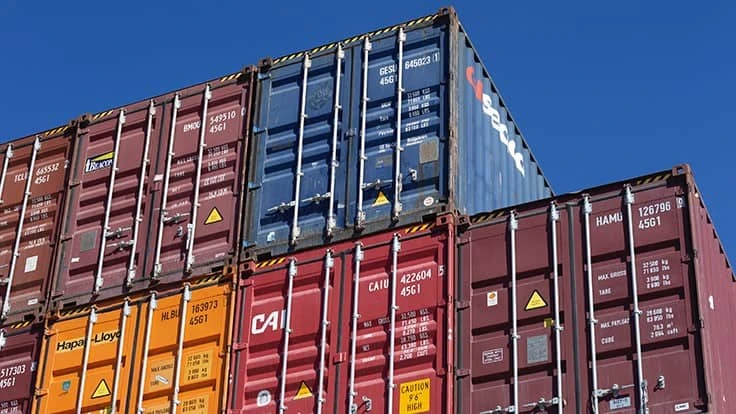
Dale Staton - Unsplash.com
Earlier this fall, Vietnam quietly announced plans to ban mixed paper imports by Dec. 31, 2021. The country’s prime minister had issued a statement Sept. 24 that details new import guidelines for recovered materials. The statement identifies mixed paper by its harmonized commodity code and explains that the material will only be allowed for import until the end of 2021, according to an English translation of the statement.
“It followed China’s lead,” Bill Moore, president of Atlanta-based Moore & Associates, says of Vietnam’s statement this fall.
Several recyclers and brokers have told Recycling Today they think the ban is in response to the high levels of contamination in mixed paper that had been exported to Vietnam.
“We have seen Malaysia, Korea, Indonesia and everybody worried in terms of importing ‘foreign trash,’” a broker on the West Coast says. “[Mixed paper is] the No. 1 item that probably contains a little bit more than normal of the prohibitives. It is the lowest furnish grade that we ship or export from the U.S.”
The broker on the West Coast notes that mixed paper quality in general has improved at many material recovery facilities (MRFs) in the U.S. since China implemented National Sword about three years ago. However, he adds, the technological advancements put in place to clean up recovered paper at MRFs hasn’t totally changed the fact that mixed paper will always be a slightly lower quality paper grade that will contain some prohibitives.
Moore says Vietnam’s ban on mixed paper imports won’t hurt recyclers too much. However, he adds, if other countries follow suit, it could have a negative impact on mixed paper markets in the U.S. He says it is likely that other countries may want to copy China and Vietnam by banning mixed paper imports in the near-term future.
“I don’t know that this stops in Vietnam,” Moore says. “Is Malaysia far behind? Indonesia has been back and forth” on this issue.
A second broker on the West Coast says, with the exception of possibly Malaysia and Indonesia, he is doubtful other countries will place an outright ban on mixed paper. He says countries such as India and Pakistan would have a tough time implementing a similar measure.
The first broker on the West Coast says he has noticed that more countries seem to want to be “independent” and rely on domestic collection rather than imports of recovered paper.
Moore adds, “Vietnam was and is a significant market for U.S. mixed paper. While we see exports of mixed paper decreasing as domestic capacity to consume the grade increases over the next year, Vietnam leaving the mixed paper market at the end of 2021 could erase any strength in pricing that the domestic demand increases will give.”
This year, mixed paper prices have started to rise from the near all-time low prices experienced in 2019. According to Fastmarkets RISI’s PPI Pulp & Paper Week pricing for Oct. 5, mixed paper rose to $24 per ton on average in the October buying period. If and when more countries institute bans on mixed paper, Moore says mixed paper pricing will start to go down.
“We could go back to 2019 prices; we’ll go negative, and movement will be difficult,” he predicts if more countries ban mixed paper imports.
Although countries seem to be shutting doors on mixed paper imports, Moore says he doesn’t think the same trend of “copying China” will occur for old corrugated containers (OCC) or other recovered paper grades.
“China has a fairly sizable domestic recycling business, and these other countries don’t,” he says, adding that to stop imports of all other recovered paper grades would likely cause paper mills to shut down in these other Southeast Asian nations. “I think the odds of [bans] spreading to all grades of paper is low.”
Latest from Recycling Today
- Nucor receives West Virginia funding assist
- Ferrous market ends 2024 in familiar rut
- Aqua Metals secures $1.5M loan, reports operational strides
- AF&PA urges veto of NY bill
- Aluminum Association includes recycling among 2025 policy priorities
- AISI applauds waterways spending bill
- Lux Research questions hydrogen’s transportation role
- Sonoco selling thermoformed, flexible packaging business to Toppan for $1.8B





